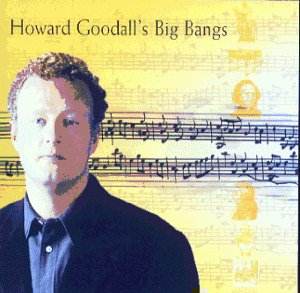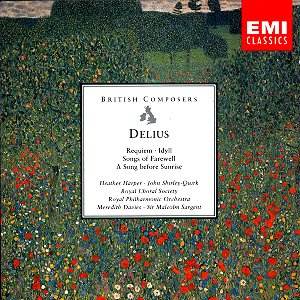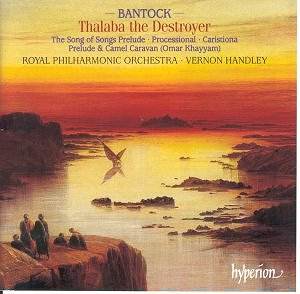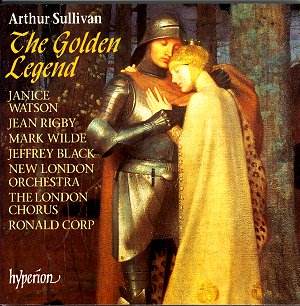 Composer: Howard Goodall
Composer: Howard Goodall
Works: Big Bangs
Performers: Sumi Jo (soprano), Cecilia Bartoli (mezzo-soprano), Hanne-Lore Kuhse (conductor), Neville Creed (conductor), David Blumental (piano), Winchester Cathedral Choir, Bournemouth Symphony Orchestra, Gewandhausorchester Leipzig
Recording: Various live and studio recordings
Label: Metronome MET CD 1043
Howard Goodall, a multifaceted composer and notable figure in the realm of British television music, presents a collection of works that explore pivotal moments in Western classical music through the lens of his own compositions and arrangements. Entitled “Big Bangs,” this album highlights five seismic inventions: notation, opera, equal temperament, the piano, and recording. This thematic approach serves as both homage and commentary on the evolution of classical music, allowing listeners to engage with its historical context while appreciating Goodall’s distinctive voice as a contemporary composer.
The performance quality across the varied repertoire is considerably engaging, yet uneven in execution. The opening work, Allegri’s “Miserere,” features a spirited rendition by the Winchester Cathedral Choir under the direction of Martin Neary. The recording captures a certain tactile quality, though the stratospheric vocal lines lack the ethereal fluidity found in other interpretations. The analogue origins of this particular track impart a warmth, albeit accompanied by a noticeable hiss that detracts slightly from the overall clarity. Contrasting this is the Monteverdi excerpt, where the DDD sound quality from Christ Church Cathedral offers a crispness that unfortunately comes at the expense of a more intimate acoustic. The choir’s performance in “Deus in auditorium” feels constrained, lacking the expansive resonance often characteristic of Monteverdi’s choral works.
Goodall’s arrangement of Dunstable’s “Veni Sancte Spiritus” introduces an intriguing juxtaposition of historical and modern sensibilities, employing three male solo voices. This choice, while effective, presents a stark contrast to the subsequent track—his contemporary arrangement of the “Agincourt Song,” which fuses traditional elements with a more theatrical flair reminiscent of the musical “Blondel.” Such stylistic shifts, though engaging, can feel jarring within the context of the album’s cohesive narrative.
The inclusion of Schubert’s “Gute Nacht,” arranged by Goodall, is another highlight. The juxtaposition of the abridged English version with the original German creates a fascinating dialogue between pop sensibilities and the classical tradition. Norman Shetler’s piano accompaniment exudes a gentle lyricism, allowing the text to resonate emotionally. This dual presentation effectively demystifies Schubert’s poignant themes, making them accessible to a wider audience while maintaining fidelity to the original’s emotional weight.
The sound engineering varies throughout the disc, with some tracks exhibiting a forward balance that enhances vocal clarity, while others, such as Strauss’s “Im Abendrot,” suffer from a lack of spatial depth. Hanne-Lore Kuhse’s interpretation with the Gewandhausorchester, while competent, fails to achieve the soaring transcendence that Strauss’s later works demand. The orchestral texture feels earthbound, missing the celestial qualities that define the Four Last Songs.
Goodall’s own contributions, particularly the “Sanctus” from the Missa Aedis Christi, emerge as an unexpected triumph. Composed amidst the serene backdrop of Embrun, France, the piece vibrates with a chaotic yet ecstatic energy that resonates deeply. This work stands out not only for its musicality but also for its ability to evoke the local environment—an aspect that merits further exploration in a complete recording of the Mass.
This compendium of musical “Big Bangs” serves as a reminder of the historical milestones that have shaped Western classical music, while Goodall’s arrangements and original works offer a fresh perspective. The album, though a varied collection, showcases moments of brilliance interspersed with less compelling interpretations. It invites both reflection and enjoyment, successfully bridging the gap between classical heritage and contemporary sensibilities. The “Big Bangs” concept is a sound one, and while the execution may falter at times, the overarching narrative remains a commendable exploration of music’s evolution.



